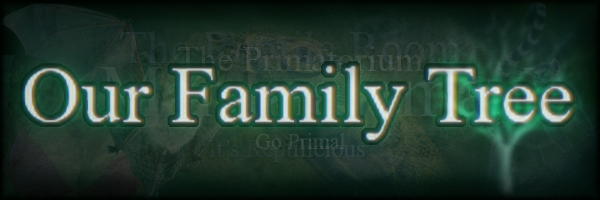Biology
Definition
Biology is the study of living things. Because all known living things share a common ancestor, biology can thus be described also as the study of the tree of life, or the clade biota.
Just as the word “life” can mean “living things” as well as an individual’s life (i.e., an individual’s lifespan and the sum of that individual’s experiences) or in the sense of a “life force” (e.g., “it still has some life left in it”), so too can the word “biology” be used in the sense of an organism”s individual biology — in which case “biology” can be thought of as the ultimate expression of complex organic chemistry.
Core Concepts
Cell Theory — the idea that all living things are made of cells.
The Central Dogma — from DNA to RNA to proteins.
Chromosome Theory — also known as the Boveri-Sutton chromosome theory or the chromosome/chromosomal theory of inheritance; the idea that genetic information is carried in chromosomes.
Evolution — descent with modification. In sexually reproducing organisms, this can be more precisely defined as changes in allele frequencies in breeding populations over multiple generations.
Germ Theory — or the The Germ Theory of Disease, is an important concept in microbiology.
Major Subdisciplines
Astrobiology — is the study of life in space.
Botany — the study of plants; one of only three branches of eukaryology that does not deal exclusively with micro-organisms.
Biochemistry — focuses on the chemistry of living things. Deals with metabolism, blood pH, and the like.
Evolutionary Biology — deals with how living things change over multiple generations.
Eukaryology — the study of eukaryotes. While most eukaryology also falls under the category of microbiology (since most eukaryotes are single-celled microbes), branches of eukaryology that do not deal exclusively with the microscopic include zoology, mycology, and botany.
Microbiology — the study of microscopic living things. Since almost all living things are microscopic, almost all biology is microbiology. However, due to anthropocentrism, the majority of biologists are not microbiologists.
Molecular Biology — like DNA and stuff.
Mycology — the study of fungi. While it is now known that fungi are more closely related to plants than animals, this was not always the case, and fungi were in bygone ages occasionally classified as plants; thus, mycology has at times been regarded as a subdisciple of botany and many plant biologists are also knowledgable in mycology.
Palaeontology — the study of fossils.
Phylogeny — studies the branching of family trees of organisms.
Zoology — the study of animals; one of only three branches of eukaryology that does not deal exclusively with micro-organisms.

